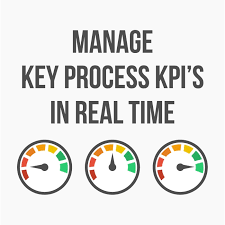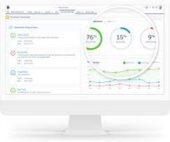Marketing without metrics is akin to driving blindfolded. To gauge the effectiveness of their efforts, marketers are investing in analytics capabilities to gain a precise understanding of how their messages, campaigns, and marketing expenditures impact their objectives. The ability to swiftly unlock these insights empowers marketers to promptly address customer needs and make well-informed decisions to propel business growth. This is bringing about Shifting KPIs With Real-Time Intelligence
In contrast to 61% of underperforming marketers, a significant 72% of high-performing marketers can analyze marketing performance in real time. This real-time analysis provides them with a distinct advantage in responding to and optimizing campaign performance. However, a notable 33% of marketers still rely on manual processes for marketing attribution, a figure that has seen marginal improvement from 34% in 2020. In 2022, 68% of marketers claim they can analyze marketing performance in real time.
For organizations aiming to enhance efficiency and maximize value, identifying the right metrics to track is imperative. As marketing budgets face rigorous scrutiny, analytics offer leaders the insights needed to optimize spending and reduce acquisition costs, reinforcing the value of marketing efforts.
Shifting KPIs With Real-Time Intelligence
The landscape of analytics has expanded, with marketers now monitoring a comprehensive set of metrics, including year-over-year revenue and customer satisfaction. Personalization and customer touchpoints have gained prominence, leading to increased tracking of web/mobile analytics, content engagement, and customer lifetime value. Marketers are now monitoring an extensive array of key performance indicators (KPIs), encompassing revenue, customer satisfaction metrics (CSAT), web and mobile analytics, customer acquisition costs, B2B sales funnel statistics, content engagement, customer retention rates, customer referral rates, and customer lifetime value.
Despite the growing sophistication in tracking various metrics, marketers highlight measuring marketing ROI/attribution as their second most significant challenge. This indicates a continued need for streamlining the reporting process to enhance efficiency and effectiveness.













